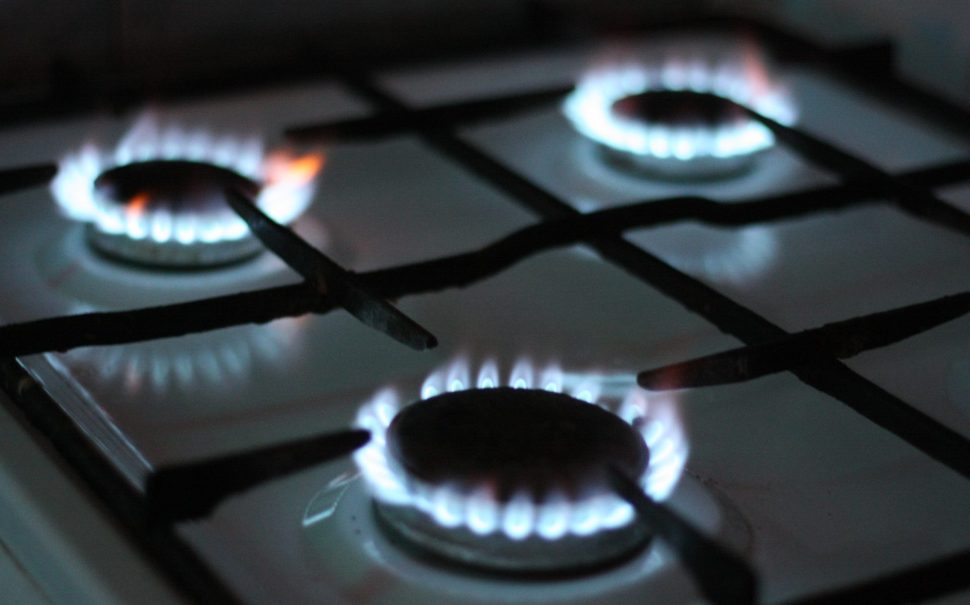Over the past year, businesses have suffered from the effects of the energy crisis. The conflict in Ukraine triggered a series of events that caused the wholesale of natural gas in Europe to soar to record levels.
The wholesale cost of a kWh of gas increased from its usual price of 4p to a peak of 20p in August 2022.
Business owners nationwide are breathing a sigh of relief as prices have fallen back to normality.
This article explores what businesses can do with their energy bills as the crisis eases.
Why did the cost of energy soar in the last year?
Since it invaded Ukraine, Russia, the world’s biggest gas producer, has restricted natural gas supply into Europe, casting doubts about the availability of gas supplies for the coming winters.
Since the decline of North Sea gas production, Britain relies heavily on importing gas from the European market, meaning that the cost of gas soared here too.
Business electricity rates also soared as the UK continued to generate much of the country’s electricity in gas-fired plants.
However, this winter has seen record-breaking warm temperatures across Europe, meaning that boilers have consumed less gas to keep properties warm.
The unexpectedly low demand means gas storage levels across the continent remain healthy, and fears over future shortages have dissipated.
Reducing business energy costs
Businesses now have several options to minimise their business energy rates, including efficiency measures, installing solar panels and switching to cheaper tariffs.
Here we’ll explore the simple steps that can be taken with all three:
Becoming more energy efficient
Business energy suppliers charge each kWh of electricity and gas businesses use. A simple step to reduce bills is to use energy more efficiently. Here are a handful of easy steps to reducing consumption:
- Smart timers – Commercial printers and other devices use power when they are on standby waiting for instruction. Configure their settings, so they turn off out of hours.
- Eco-mode – Modern appliances such as dishwashers and washing machines usually have eco modes that take longer but use less electricity.
- Use natural light – The days are getting longer again, and natural light is more available. Ensure windows are unobstructed to take advantage of free natural light instead of expensive electrical lighting.
Compare business energy suppliers
Since the autumn of last year, business energy rates have been artificially discounted by the government’s energy bill relief scheme, but this is coming to an end.
It’s now more important than ever to ensure your business is on a competitive business energy tariff.
Happily, the easing of the crisis means that there are now low fixed prices on offer in the market. We recommend using a business electricity and business gas comparison website to check your current tariff against the market.
Generate your own renewable energy
The cost of generating renewable energy has fallen dramatically over the last few years and now represents an investment opportunity for businesses.
Installing solar panels will make your business less reliant on paying for electricity from your supplier. What’s better, the Smart Export Guarantee scheme allows your business to sell any excess electricity back to your business energy supplier.
Photo by Mykola Makhlai on Unsplash





